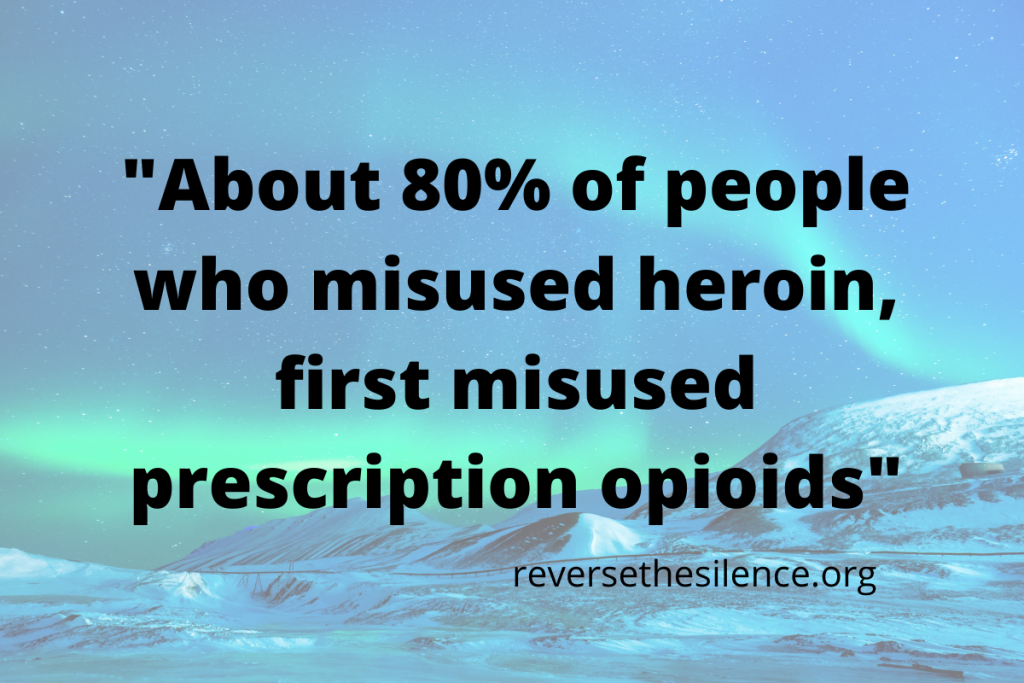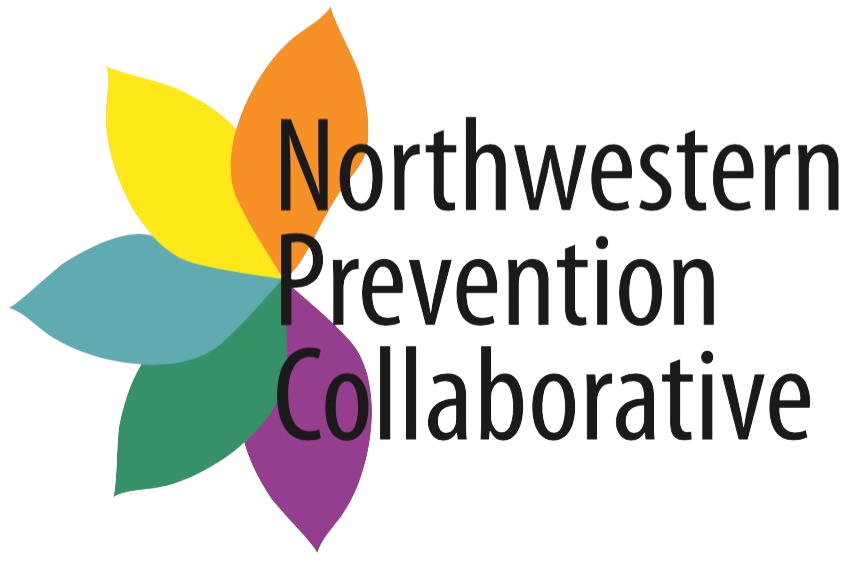You might wonder: “If I use my prescription opioids the way my doctor instructed, can I still become addicted?”
The short answer: Yes, you can. Opioids/opiates (also called pain pills) are highly addictive, even when used as directed.
Consider these statements from highly reputable sources:
“Anyone can become addicted to prescription opioids. Physical dependence, when unpleasant symptoms occur when medication is stopped (‘withdrawal’), is expected after using opioids for more than a few days. Opioid use disorder (OUD), often referred to as ‘opioid addiction,’ occurs when attempts to cut down or control opioid use are unsuccessful, or when use results in social problems and a failure to fulfill obligations at work, school, and home.”
Centers for Disease Control and Prevention, https://www.cdc.gov/drugoverdose/pdf/patients/ConversationStarter_AvoidAddiction-508.pdf
“After just five days of prescription opioid use, the likelihood that you’ll develop long-term dependence on these drugs rises steeply — increasing your risk of eventual addiction and overdose.”
Mayo Clinic, https://www.mayoclinic.org/diseases-conditions/prescription-drug-abuse/in-depth/how-to-use-opioids-safely/art-20360373
“Prescription opioid use, even when used as prescribed by a doctor, can lead to a substance use disorder, which takes the form of addiction in severe cases. Withdrawal symptoms include muscle and bone pain, sleep problems, diarrhea and vomiting, and severe cravings.”
National Institutes of Health: National Institute on Drug Abuse, https://www.drugabuse.gov/publications/drugfacts/prescription-opioids

All of that being considered, many factors determine whether a person develops a physical dependence on or addiction to opiates. There are things you can do to protect yourself:
- Take only what you absolutely need. Your doctor’s prescription might say two pills per day for five days. If you only need one at night so you can sleep. During the day, perhaps you can get by on ibuprofen and acetaminophen. If that is the case, then do that.
- Take it only for as long as you need it. You might only need to take the medication the first day. After that, you might be able to scale back to other pain-relieving medications or methods such as heating pads.
- Focus on pain management/relief, not pain elimination. Some of us have a higher pain tolerance than others. However, when it comes to opioids, the damage wrought by addiction is far greater than physical pain. Sometimes we have to focus on bringing our pain down to a level where we can tolerate it and function. This is a discussion to have with your doctor.
- Make sure your doctor has written you a prescription for naloxone with your opioid. This won’t protect you from becoming addicted. However, you should be aware that if you accidentally take too much of your medication, you could overdose and die. Naloxone can reverse the overdose effects.
- Make sure your doctor and/or pharmacist know what other medications you are on. This will help eliminate dangerous combinations that could increase the risk of overdose and death.
Most of these tips relate more to short-term use of opiates, such as post-surgery pain management. If you and your doctor have determined that you require opiates for a long-term condition, you can find additional guidance from the CDC.

